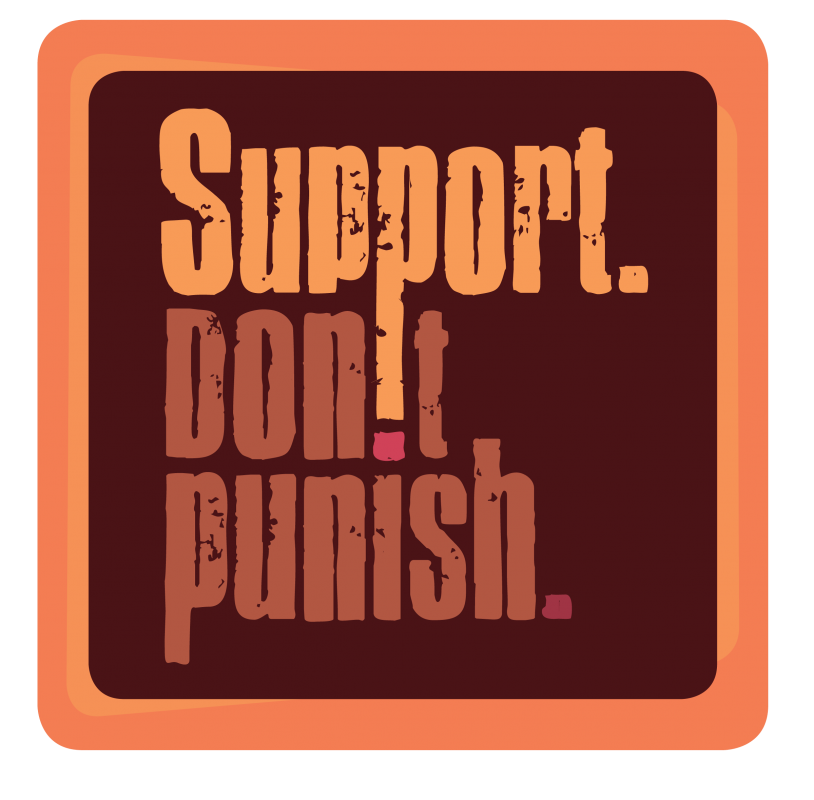There is a significant lack of gender-specific drug treatment around the world. Many women who seek help for their drug use face barriers to service access, while the root causes of their problematic use persist.
Research indicates that men and women often have different root causes behind their problematic drug use. A 2005 report, Caught in the Net, written by a group of legal experts, suggested that women’s problematic use is more often triggered by negative experiences and stress, and motivated by anxiety and depression, than that of men. Additionally, many women who misuse drugs have a gender-specific range of personal issues – such as dealing with the responsibility of parenthood, or suffering from domestic violence – that can make treatment access harder.
Despite the varying reasons behind men’s and women’s drug use, treatment remains largely uniform across genders. Thus, women may find themselves to be subject to a rehabilitation system that is unsympathetic to their needs, or even discouraged from participation altogether.
In 2010, the UK’s National Health Service recorded that only a quarter of adults in drug treatment were women. A report by the country's National Treatment Agency for Substance Misuse partly attributed this to women fearing the consequences of admitting drug misuse. Citing anecdotal evidence, the report describes “women drug-users [being] reluctant to come forward for treatment because they are afraid their children will be 'taken into care'”.
In the US, data indicates that drug services are severely lacking childcare provisions for those who seek help. In 2010, the National Survey of Substance Abuse Treatment Centres noted that only 3.6 per cent of US treatment facilities – around 500 of over 14,000 – provided beds for clients’ children; a significant barrier of entry for many women.
In much of the world, female drug users with children are heavily stigmatised, and mothers who enter drug treatment are at risk of losing access to their children. In Russia and parts of Eastern Europe, women accompanied by children are barred from being able to enter treatment, according to Harm Reduction International (HRI).
The discrimination faced by women who seek help also extends to their access to other services. HRI reports that it is common practice for domestic violence shelters around the world – including in the UK and US – to exclude people who use drugs; forcing many women to return to abusive relationships if they are unable to stop or conceal their drug use.
It is vital to address the lack of women entering treatment by breaking down the initial barriers to service access; these obstacles are endangering women’s health and the livelihood of their children. Governments and service providers must recognise that problematic use cannot be sufficiently tackled without simultaneously addressing the other interlinked issues that individuals experience, many of which are gender-specific.


